Description
Abstract
This research work focused on role of FRCN in propagating culture in Nigeria A study of Abatete Idemili South L.G.A in Anambra State. It aims at finding out whether FRCN as a channel of mass media recognize its obligation to the society, especially in Abatete. survey method was adopted and the instrument used for data collection was the questionnaire and personal interview. The population of the study is 20,000 out of which 200 were sampled purposively. Data collected was analyzed in tables and simple percentages. The researcher used chisquare x2 for the statistics measure of the study. The researcher recommends that FRCN should be up and doing in the area of cultural propagation because, it helps to give Nigeria a wider coverage, especially in the rural areas. Therefore, government should establish media outfits, such as magazines, newspapers, more radio stations in other rural areas of Nigeria. The result of this study showed that FRCN through its various propagating had really impacted positively in propagating culture among the people of Abatete.
CHAPTER ONE
INTRODUCTION
1.1 Background of the Study
The Federal Radio Corporation of Nigeria FRCN was originally founded in 1933 by the British colonial government named the Radio Diffusion Service RDS, it allows the public to hear the British Broadcasting Corporations, foreign radio service broadcast placed on strategic public location with loudspeakers.
In April 1950, the Radio Diffusion Services RDS became the Nigeria Broadcasting Service and introduced radio station in Lagos, Kadunna, Enugu, Ibadon and Kano. This service was recognized into the Nigeria Broadcasting Corporation NBC on April 1st 1957, by the act of parliament. Its mission was to provide as a public service, independent, impartial broadcasting services. By 1962, the Nigeria Broadcasting Corporation NBC had expanded its broadcast station into Sokoto, Maiduguri, llorin, Zaria, Jos and Kastina in the north, Portharcourt, Calabar and Onitsha, in the east and Abeokuta , Warri and Ijebu ode in the west. Each of these stations were considered a subsidiary stations of a regional station.
Before this, the federal parliament approved the creation of the voice of Nigeria VON external shortwave service in 1961. Its initials operations were limited to two hours a day to west Africa, but by 1963 the voice of Nigeria VON had expanded both its coverage and transmission times with the addition of five additional transmitters. In 1978, the Nigeria Broadcasting Corporation and the Broadcasting corporation of Northern Nigeria BCNN merged together to become the Federal Radio Corporation of Nigeria FRCN medium wave transmitters previously owned by the Nigeria Broadcasting corporation NBC were transferred to the individual state government were the transmitters were located. Today, Radio Nigeria has 25 stations located throughout the country and together with the voice of Nigeria, consider itself to have the largest radio network in Africa.
In Nigeria today, FRCN has really enhance culture in Nigeria especially in Anambra state. Culture can be define as the total way of life of the people or the identify through which a particular set of people can be identified. Every society, no matter how civilized or uncivilized has its totality and way of life. This way of life is carried on from one generation to the other, it is naturally impacted on to the young ones through various channels of communication of which one of the outstanding is the electronic media which is the FRCN. FRCN plays the role of disseminating information or message to its targeted audience. Through this media which is the FRCN, information is been passed to the people.
TABLE OF CONTENTS
Page
Title page i
Declaration ii
Dedication iii
Acknowledgements iv
List of tables v
Table of contents vi
Abstract vii
CHAPTER ONE: INTRODUCTION
1.1 Background of the Study 1
1.2 Statement of the Problem. 5
1.3 Objectives of the Study 5
1.4 Research Questions 5
1.5 Research hypotheses: 6
1.6 Scope of the Study: 6
1.7 Significance of the Study: 6
1.8 Definition of Terms 7
CHAPTER TWO: REVIEW OF LITERATURE
2.1 Sources of data: 8 2.2 Review of the concepts 8
2.2.1 The concept of Mass Communication 8
2.2.2 The concept of Electronic Media 9
2.2.3 The Federal Radio Corporation of Nigeria 9
2.2.4 The concept of culture and its propagation . 10
2.2.5 The role of FRCN in propagating culture in Nigeria 13
2.2.6 The relationship between FRCN and culture: 17
2.2.7 The characteristic of FRCN 17
2.2.8 Some of the function of FRCN: 19
2.2.9 Radio and its Feedback: 20
2.2.10 Factors militating against the propagation of FRCN 22
2.3 Empirical and related studies: 23
2.4 Theoretical Framework: 25
2.5 Summary 27
CHAPTER THREE: RESEARCH METHODOLOGY
3.1 Introduction 28
3.2 Research design: 28
3.3 Population of the Study. 29
3.4 Sample Size and Sampling Technique: 29
3.5 Description of research Instrumentation: 30
3.6 Validity and reliability of data gathering instrument: 30
3.7 Method of data collection: 31
3.8 Method of Data Analysis 31
CHAPTER FOUR: DATA PRESENTATION AND DISCUSSION OF FINDINGS
4.1 Introduction 33
4.2 Data presentation and analysis: 33
4.3 Test of Hypotheses 47
4.4 Discussion of findings 50
CHAPTER FIVE: SUMMARY, CONCLUSIONS AND RECOMMENDATIONS
5.1 Summary: 54
5.2 Conclusion: 55
5.3 Recommendation 55
5.4 Suggestion for further studies 56
References 57
Appendix 59

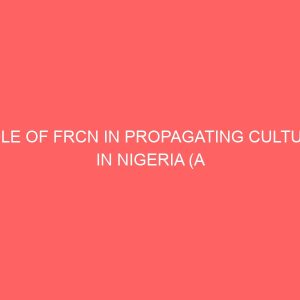

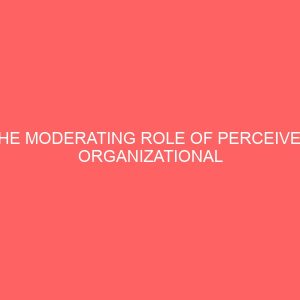
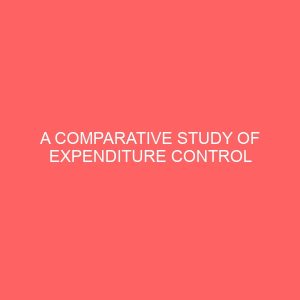
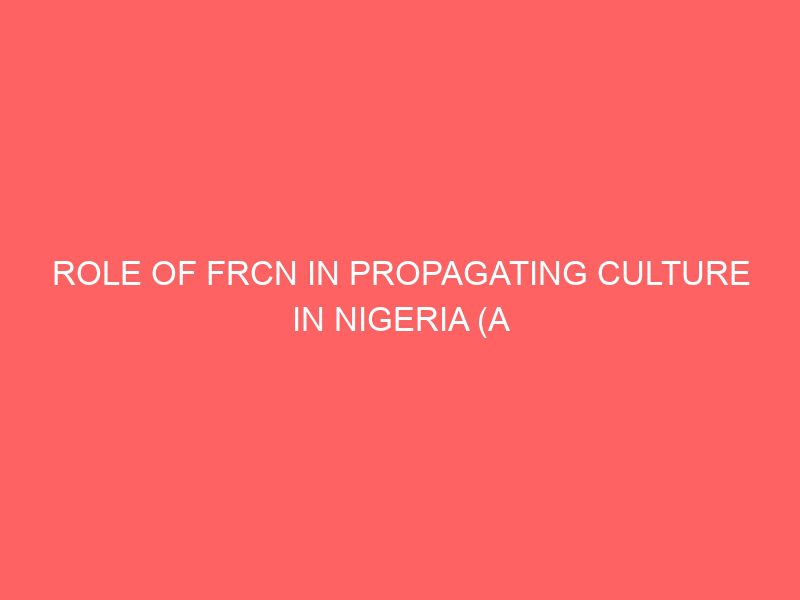

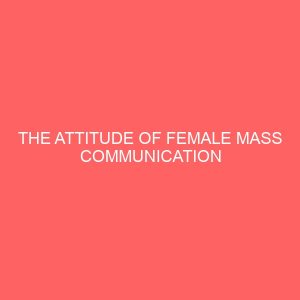
Reviews
There are no reviews yet.